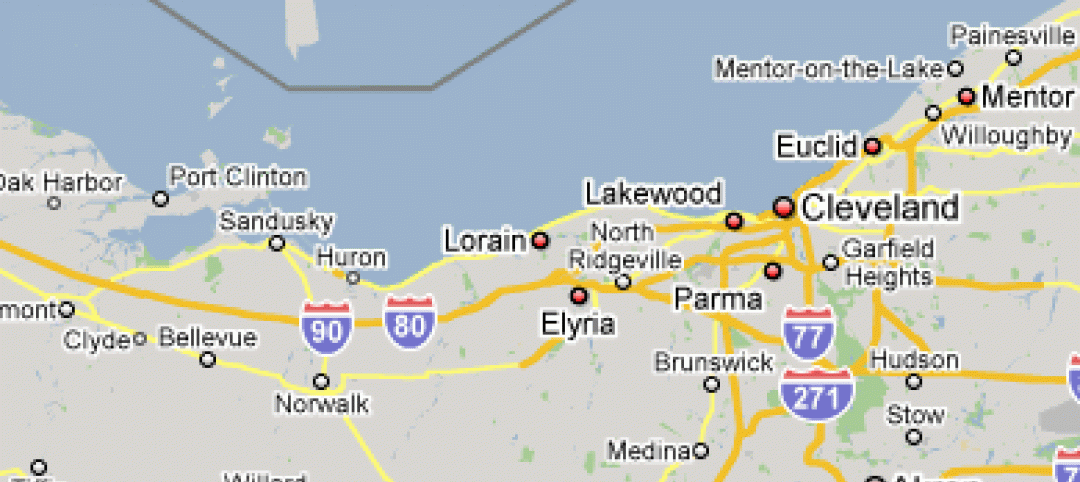Pittsburgh recently became the first city in the U.S. to enact “Dark Sky Lighting” ordinance.
The aim is to use technology, lower color temperature, and shielding to use outdoor lighting “only needed for comfort and safety,” according to a city news release. The law applies to all city parks, facilities, and streetlights.
The “Dark Sky Lighting” concept reduces unnecessary light pollution and dangerous glare that can come from lighting areas for no specific purpose, the release says. “Over-lighting and light pollution can negatively impact the mental and physical health of nearby neighbors, visibility for motorists, cyclists and pedestrians, as well as habitats for plants, animals and birds,” it says.
The city will employ Dark Sky principles for newly installed or retrofitted streetlights, newly constructed and renovated park spaces and playgrounds, as well as newly constructed and renovated city-owned buildings. The Office of Sustainability and Resilience will compile a guide for residents and businesses to scale and implement Dark Sky principles on private property.
Related Stories
| Sep 7, 2012
Lorain, Ohio considers halting downtown construction while it works out development plan
Construction would stop downtown for six months while Lorain, Ohio officials consider a development plan for the city, according to new legislation.
| Sep 7, 2012
Business, labor groups push for easing of California’s Environmental Quality Act
Business and labor groups have combined forces to push for a change to California's Environmental Quality Act, specifically its complex review process for building and construction projects.
| Sep 7, 2012
Twenty years later, Florida contractors cite Hurricane Andrew as construction game-changer
Remarking on the 20th anniversary of Hurricane Andrew, which devastated south Florida; contractors are noting the storm’s impact on their industry—including the state’s adoption of tougher building codes.
| Sep 7, 2012
At risk for nine types of natural disasters, Texas trails most coastal states on building codes
Texas has the most diverse weather risk in the country, with exposure to nine different types of natural disasters.
| Aug 30, 2012
OSHA plans new crane-safety standards for demolition and underground work
The new rule will streamline OSHA’s standards by eliminating the separate cranes and derricks standard currently used for underground and demolition work.
| Aug 30, 2012
Federal government cancels defense contracts worth $2.15 billion
This action may foreshadow federal spending cuts scheduled for year's end if Congress takes no action on the federal budget.
| Aug 30, 2012
Public comment period is open for CRRC-1 standard
The CRRC-1 standard covers specimen preparation and test methods for measuring the initial and aged solar reflectance and thermal emittance of roofing products.
| Aug 30, 2012
LEED system's footprint reaches 2 billion sf, with 7 billion sf in the pipeline
About 7 billion more sf of commercial space is expected in the pipeline.
| Aug 30, 2012
Georgia drops LEED wood source standard on state projects
Currently, LEED green building standards only accept timber products certified by the Forest Stewardship Council (FSC).
| Aug 21, 2012
AGC offers second edition of the Federal Government Contractor: Ethics & Compliance Programs manual
This publication helps contractors appreciate the grounds for an alleged violation of the expected standards of business conduct and ethics, and to develop, implement, and document an effective ethics and compliance program.
















